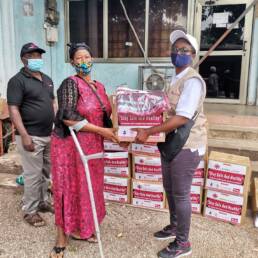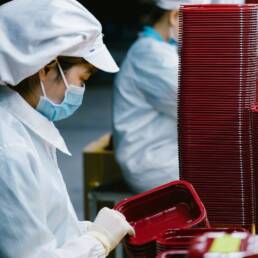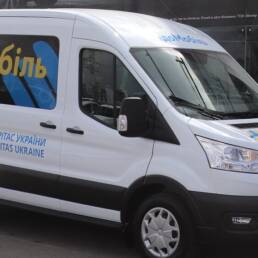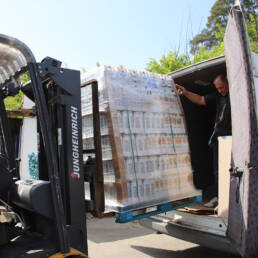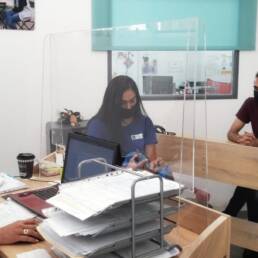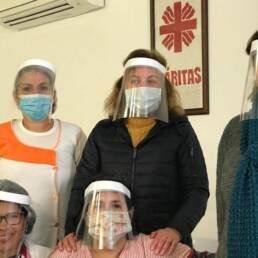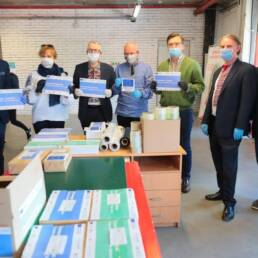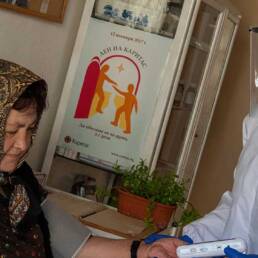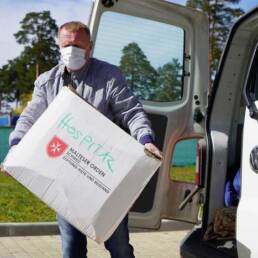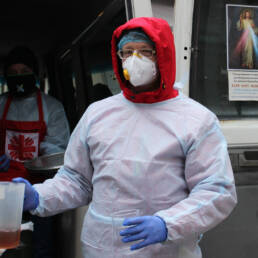Author
Manuel Leon Catalan
Coordinator of Moda-re project
Caritas Spain
In these days of upheaval that we are living in Europe and in the world as a result of the COVID-19 crisis, small and medium business sectors are living their own special Via Crucis, especially those companies that have been forced to fully close their activities due to government’s decisions.
In Spain, Caritas managed 70 social economy enterprises which provide more than 1,500 jobs, half of them for people at risk of social exclusion. They are experiencing similar challenges: dramatic drop in turnover, partial or total closure of activities, temporary dismissals, etc.
However, even in such a difficult environment, many efforts have been made to ensure that no one is left behind: in some cases, by maintaining jobs, in others by topping up wages of temporary layoffs, or by offering accompaniment to the workforce, especially those who are at risk of poverty. But the most remarkable thing is that many of these companies had the capacity, in a period of a few weeks, to reinvent and redirect their activities in order to turn the challenging period into an opportunity to stay on their feet and to serve those most in need.
There are many examples where social economy enterprises, together with their respective Cáritas Diocesana, have put themselves at the service of the community. Ecosol in Girona, a company with different lines of business, among which is a ‘last mile’ package bike delivery service, has adapted its activity to deliver food to the most vulnerable; they have also adapted their textile manufacturing business towards the production of masks and special suits for health-care professionals and volunteers. They have also turned the maintenance and cleaning line into a disinfection cleaning service.
Other examples include different catering companies such as Lapiko Catering (Bilbao), Eh Laboras (Murcia), Taghba (Córdoba) or Formació i Treball (Barcelona), which have put their kitchens at the service of those most in need and have begun to prepare and distribute food for elderly people who live alone, families who have lost everything, homeless people, etc. Thousands can now receive a meal box thanks to the work of those social economy enterprises.
Other companies have left aside their normal activity to help the community, such as Reciclamoda, in Guadalajara, normally dedicated to the collection of textile waste, which today provides services for the preparation and distribution of food, laundry for homeless people, as well as the disinfection of different shelters for the elderly, homeless and families in need.
Noteworthy is the case of another company, Bioalverde in Seville dedicated to organic farming, which has considerably increased its production and sales to serve vulnerable families.
These efforts have a huge impact towards helping people in need and communities to cope with COVID-19 and its consequences. At the same time, since social economy enterprises put people and their social and economic integration before profit, many of their workers have gone from being at risk of social exclusion just a short while ago to carrying out essential services for the whole community today. This is the case of Mr. Santos who, a few years ago, served a prison sentence and today carries out essential food delivery for lonely elderly people:
A few years ago, I felt on the margins of society, and now I feel I am supporting it by helping others deal with this health and social crisis without precedent. I’m not afraid to go out every day to work because this feeling fully compensates me.


